Thursday, 18 January 2024 — Indian Punchline
by M. K. BHADRAKUMAR
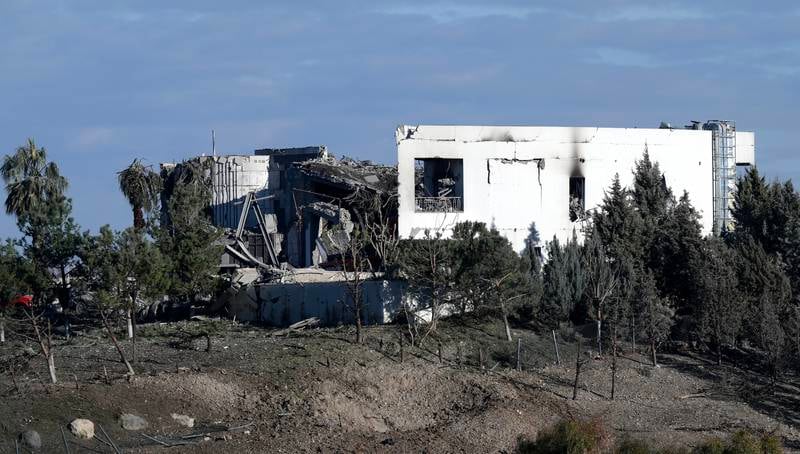 The building described as ‘Mossad Headquarters’ in Iraqi Kurdistan with underground facilities for conducting covert operations hit by Iranian missile attack, Erbil, Northern Iraq, January 15, 2024
The building described as ‘Mossad Headquarters’ in Iraqi Kurdistan with underground facilities for conducting covert operations hit by Iranian missile attack, Erbil, Northern Iraq, January 15, 2024
The stunning missile and drone strikes on three countries — Syria, Iraq and Pakistan — over a period of 24 hours and Tehran taking the extraordinary step of announcing its responsibility for the attacks conveyed a very big message to Washington that its stratagem to create a coalition of terror groups in the region surrounding Iran will be resolutely countered.

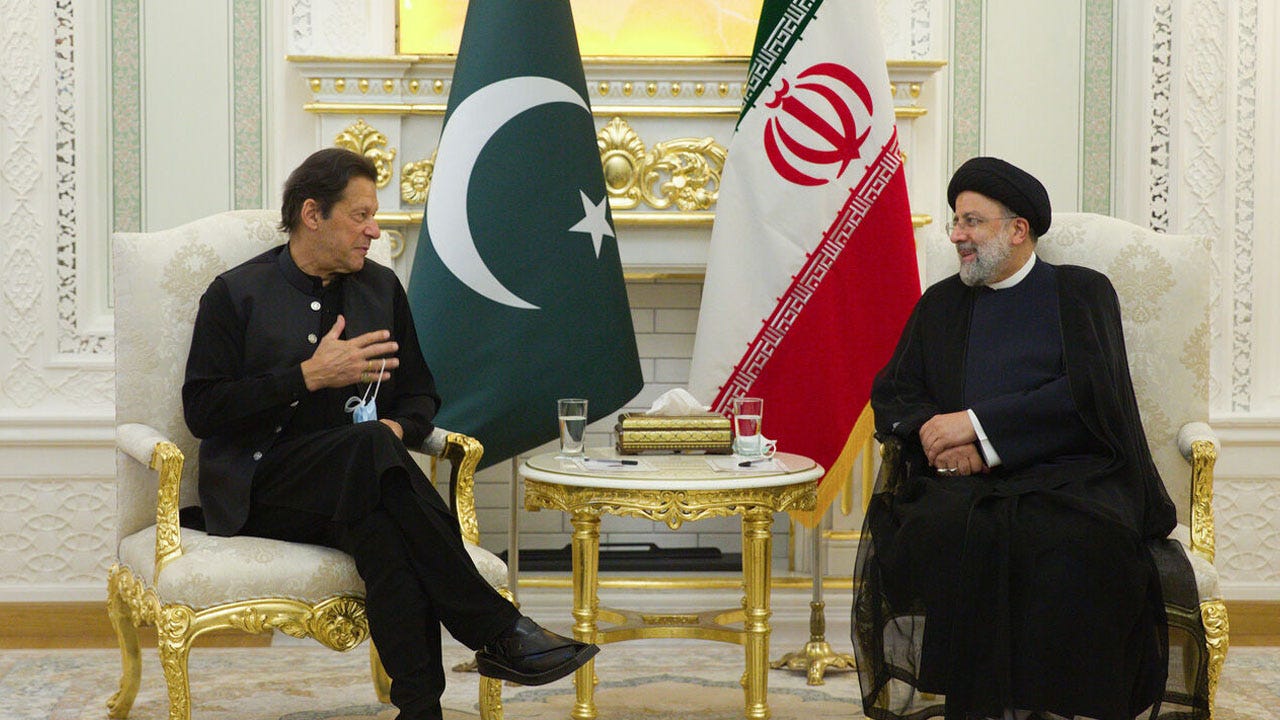
 Ali Imam (Pakistan), Untitled (Deserted Town with a Black Sun), 1956.
Ali Imam (Pakistan), Untitled (Deserted Town with a Black Sun), 1956. ISLAMABAD, PAKISTAN – AUGUST 04: Pakistan Justice Movement (PTI) party supporters hold a protest led by former Prime Minister Imran Khan against the coalition government and the Election Commission at Fatma Jinnah Park in the F-9 region of Islamabad, Pakistan on August 04, 2022. ( Muhammed Semih Uğurlu – Anadolu Agency )
ISLAMABAD, PAKISTAN – AUGUST 04: Pakistan Justice Movement (PTI) party supporters hold a protest led by former Prime Minister Imran Khan against the coalition government and the Election Commission at Fatma Jinnah Park in the F-9 region of Islamabad, Pakistan on August 04, 2022. ( Muhammed Semih Uğurlu – Anadolu Agency )
 Photo Credit: The Cradle
Photo Credit: The Cradle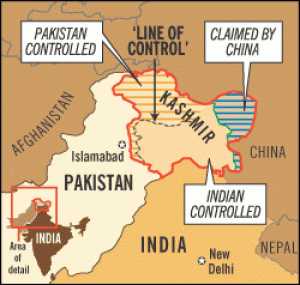 The Shanghai Cooperation Organization (SCO), founded in 2001 by the Shanghai Five (China, Russia, Kazakhstan, Kyrgyzstan, Tajikistan) and to which Uzbekistan, India and Pakistan were later added would be the ALBA and Iran countries hard core of resistance to world hegemony of the United States and Great Britain. Consequently, the avowed objective of the United States would be to dynamite this organization, having Balochistan, Kashmir and Xinjiang as scenarios for its destabilizing operations.
The Shanghai Cooperation Organization (SCO), founded in 2001 by the Shanghai Five (China, Russia, Kazakhstan, Kyrgyzstan, Tajikistan) and to which Uzbekistan, India and Pakistan were later added would be the ALBA and Iran countries hard core of resistance to world hegemony of the United States and Great Britain. Consequently, the avowed objective of the United States would be to dynamite this organization, having Balochistan, Kashmir and Xinjiang as scenarios for its destabilizing operations.
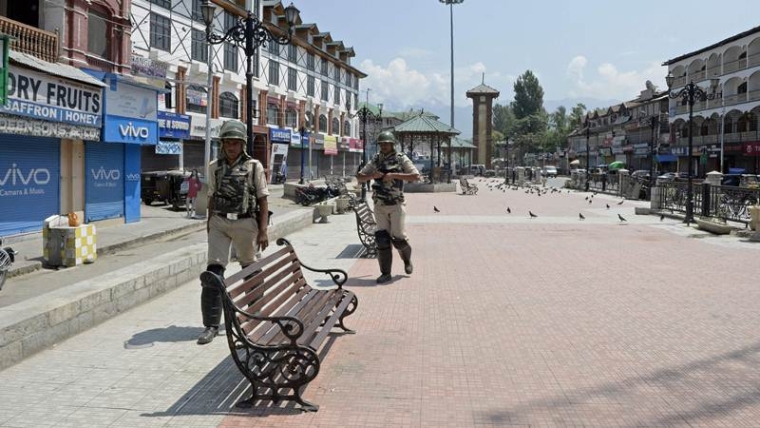
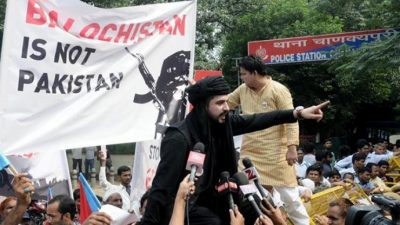
 In commenting on what’s holding back the conquest of polio, the Washington Post(
In commenting on what’s holding back the conquest of polio, the Washington Post(


